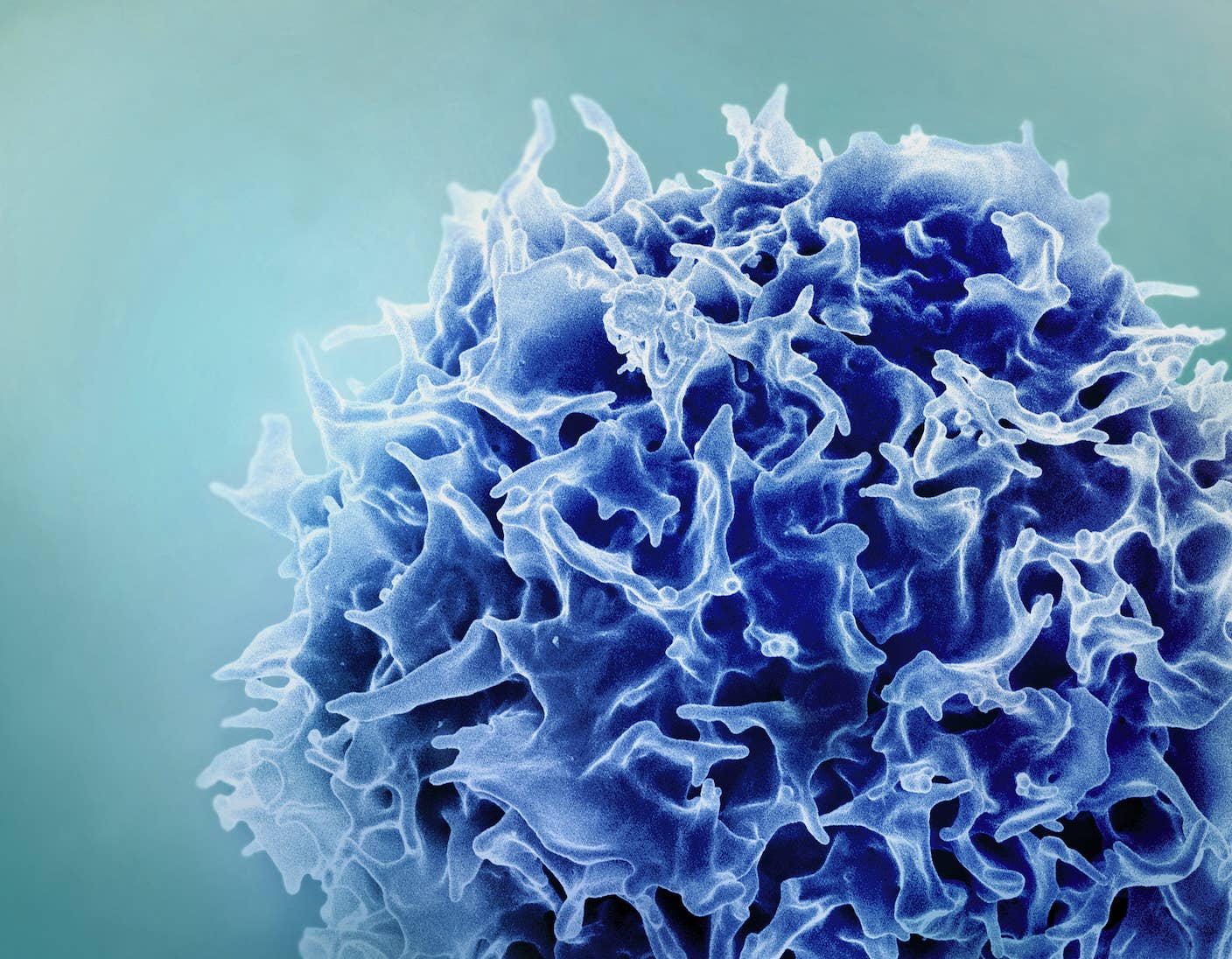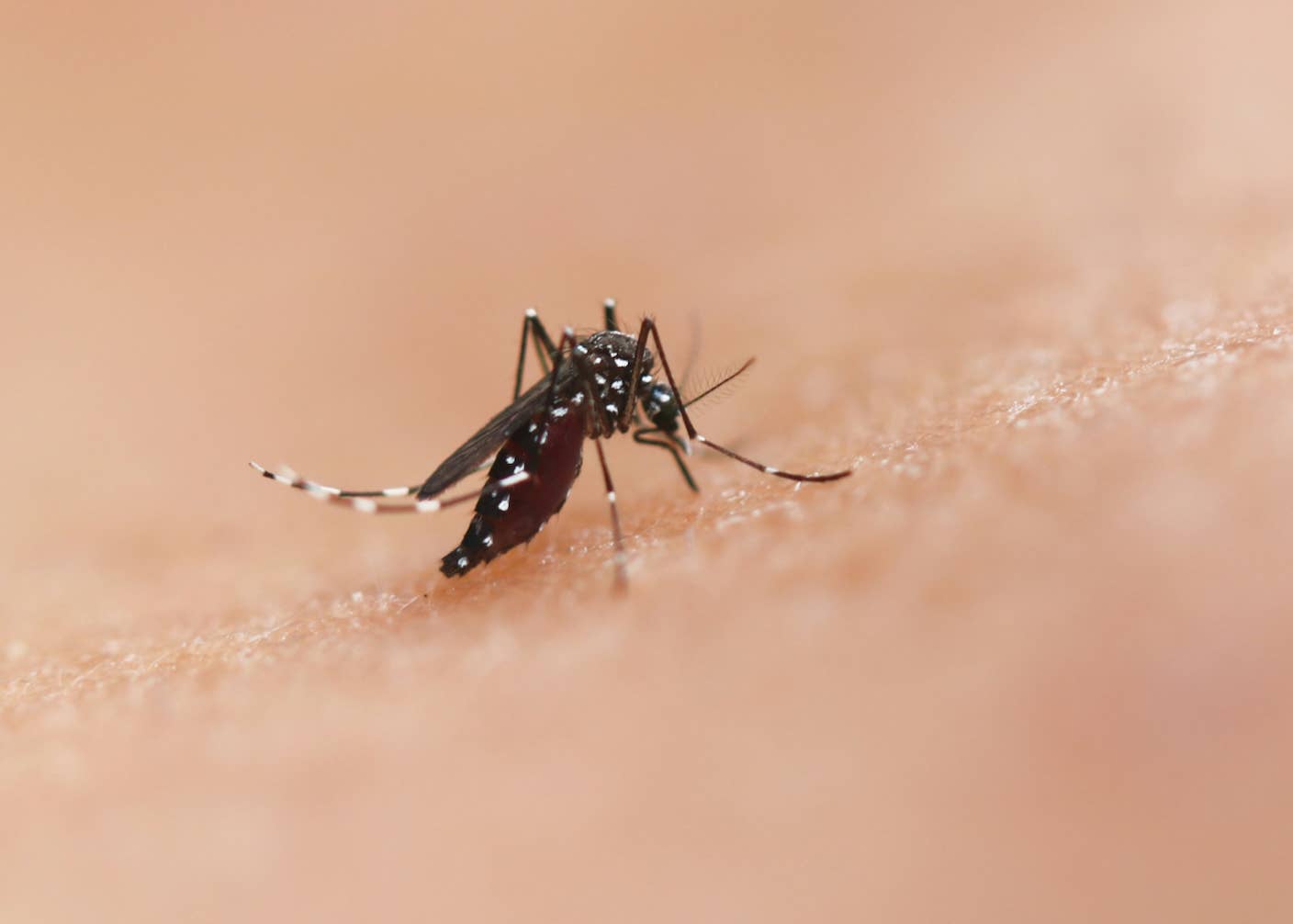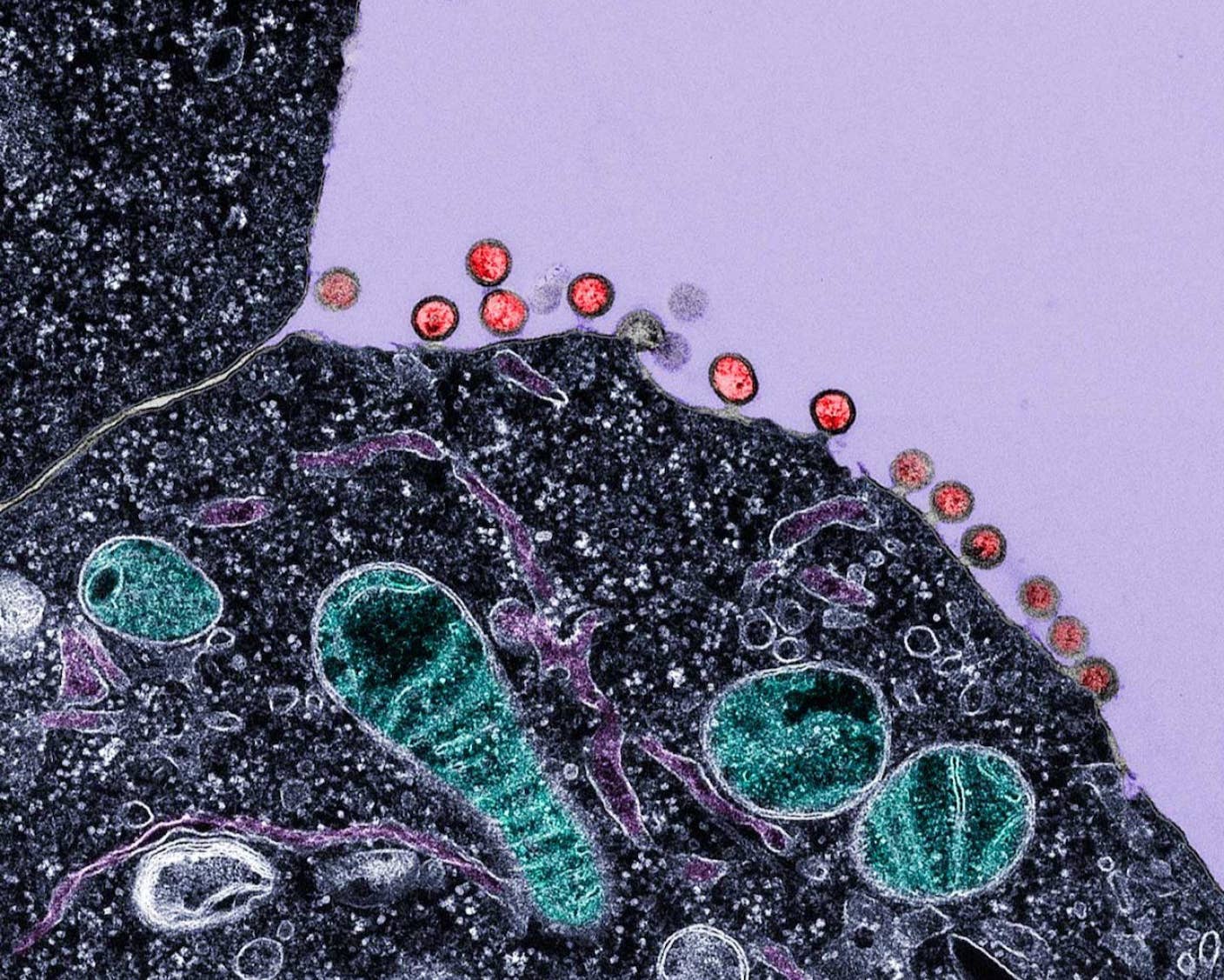As We Democratize Biology, We Must Avoid Biologizing Democracy

Share
Technology is rapidly being demonetized and democratized, and that includes biotechnology. Almost anyone can now access and apply powerful biotech tools like genetic testing for a broad range of purposes. In addition, recent scientific insights have shown that the predictive power of genomics is even greater then we previously thought, and this means we have some difficult considerations to make.
The market for consumer gene testing is illustrative. Several million people worldwide have had their genomes partially or fully sequenced by one of the many consumer platforms, like ancestry.com or 23andMe. A whole genome sequencing can be purchased for less than $1,000, and the market is growing. Industry incumbents like Illumina (US) and challengers like Single Technologies (Sweden) and Oxford Nanopore (UK) are constantly pushing the limits for cheaper sequencing solutions. Recently genome-data broker Nebula Genomics began offering sequencing for free in exchange for being able to sell users’ data.
There are also national initiatives around genomic data, like the 100,000 Genomes Project in the UK and the National Personalized Medicine Program in Estonia, which both aim to map large swaths of the population’s genomes to enable personalized medicine.
Massive Implications
The mass sequencing of genomes has far-reaching consequences. For the first time in history, scientists and researchers have access to population-sized genetic data sets, allowing for statistical crunching and discovery of hitherto unknown relationships between genetics and health. Just a few years ago, this kind of data did not exist.
In his recent book Blueprint – How DNA Makes Us Who We Are, behavioral geneticist Robert Plomin, a professor at Kings College London, convincingly establishes that the genetic makeup we inherit at the moment of conception is the most powerful predictor of our psychological strengths and weaknesses in adult life. He illustrates through genome-wide association studies the ability to predict depression, ADD, intelligence, scholarly achievement, and schizophrenia with higher accuracy than earlier approaches.
Genetic markers in an individual most often mean a propensity or likelihood of certain traits developing; they are often probabilistic and won’t necessarily come true in individual cases. However, on a population level, the conclusion is that genetic differences, rather than environmental factors, are the major systematic force that make us who we are.
Many of us who have an understanding of the marvelous applications of DNA sequencing welcome it as a pathway to personalized medicine. An estimated three to four percent of the population carries genetic variants that may cause debilitating disease. For those individuals, a gene test can be a true life saver. For broader population groups, knowing one’s genetic makeup can be of critical importance when undergoing medical treatment.
Genetic factors play an important role in the effectiveness of different pharmaceuticals, and by knowing a person’s genetic makeup doctors can select the appropriate therapy from the start. The FDA manages a fast-growing list of Pharmacogenomic Biomarkers that are applied in drug labeling, and it won’t be long before checking biomarkers is routine at the local pharmacy.
Last but not least, genetic mapping is helpful for the health-conscious individual in making relevant decisions in terms of diet, supplements, exercise, and other lifestyle choices that constitute the best options for bringing about healthy longevity.
However, there are other applications of cheap genome sequencing where the cost-benefit balance is not so clear.
The Sinister Side of Genomics
As Plomin illustrates in his book, our propensity for depression, general intelligence, and scholarly achievement can be clearly read in our genes at birth. This means we’ll have the ability to personalize not just healthcare, but also education. One argument is that with limited resources in our education systems, it would make sense to allocate them to the individuals on whom they would have the best effect for scholarly achievement. Genomic insights can be seen as a tool to discriminate unfavorably, or as a tool to level the playing field by tailoring education to every individual’s unique characteristics.
Be Part of the Future
Sign up to receive top stories about groundbreaking technologies and visionary thinkers from SingularityHub.


Furthermore, are we ready for genetic tests as part of job applications? Surely it is in the interest of a company recruiting for a business-critical role to uncover the candidate’s disposition for mental health issues? Our legislators may regulate against it, but with truly demonetized access to sequencing technology, what would prevent an interviewer from taking a quick swab from an applicant’s water glass after an interview if the stakes are high?
In early December 2015, all eyes were on the COP21 climate summit in Paris. Many world leaders and thousands of journalists, lobbyists, and activists were there to have their say on a meeting described as critical for the future of mankind. What most people missed was at the same time in Washington the first-ever international summit on human gene editing took place, covered by just a couple of science reporters. I would argue that the Washington summit was of much greater importance for the future of mankind than the Paris summit.
Just three years later in November 2018 at the second international summit on human genome editing in Hong Kong, global headlines were made when the Chinese scientist He Jiankui announced the birth of the first-ever genetically modified human children. The scientific community reacted with outrage, but the cat was truly out of the bag for what can only be described as a new phase in the evolution of our species.
Backtracking on Progress
Many societies have worked hard to overcome sexism, racism, and other biases based on appearance or heritage. The democratization of DNA sequencing allows us to map every man, woman, child, and pet, and tailor not just their diets and healthcare, but potentially also their role in society. In practice, this may mean giving different treatment and opportunities to people based on their genetics; so as we democratize biology, we could end up biologizing democracy.
This sort of ethical considerations are what we as decision-makers and policymakers will have to grapple with in the years to come. No longer a conversation just for academic researchers and medicine-ethics committees, democratized biotechnology is disruptive enough that it should be debated at kitchen tables, in work places, and in parliaments across the world.
Image Credit: Zita / Shutterstock.com
We are a participant in the Amazon Services LLC Associates Program, an affiliate advertising program designed to provide a means for us to earn fees by linking to Amazon.com and affiliated sites.
Hannes Sjoblad is an internationally recognized campaigner and thought leader on biohacking and human augmentation technologies. He is a Singularity University EP Alum (2010) and a faculty member of SingularityU Nordic.
Related Articles

Single Injection Transforms the Immune System Into a Cancer-Killing Machine

New Gene Drive Stops the Spread of Malaria—Without Killing Any Mosquitoes

New Immune Treatment May Suppress HIV—No Daily Pills Required
What we’re reading
